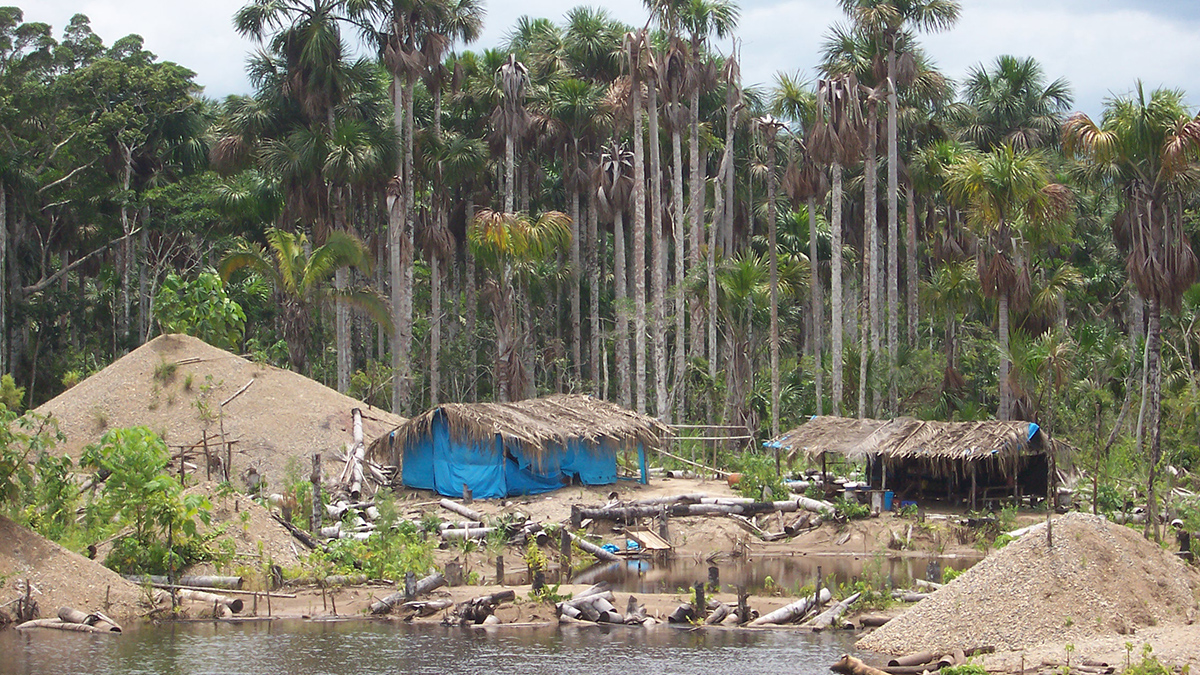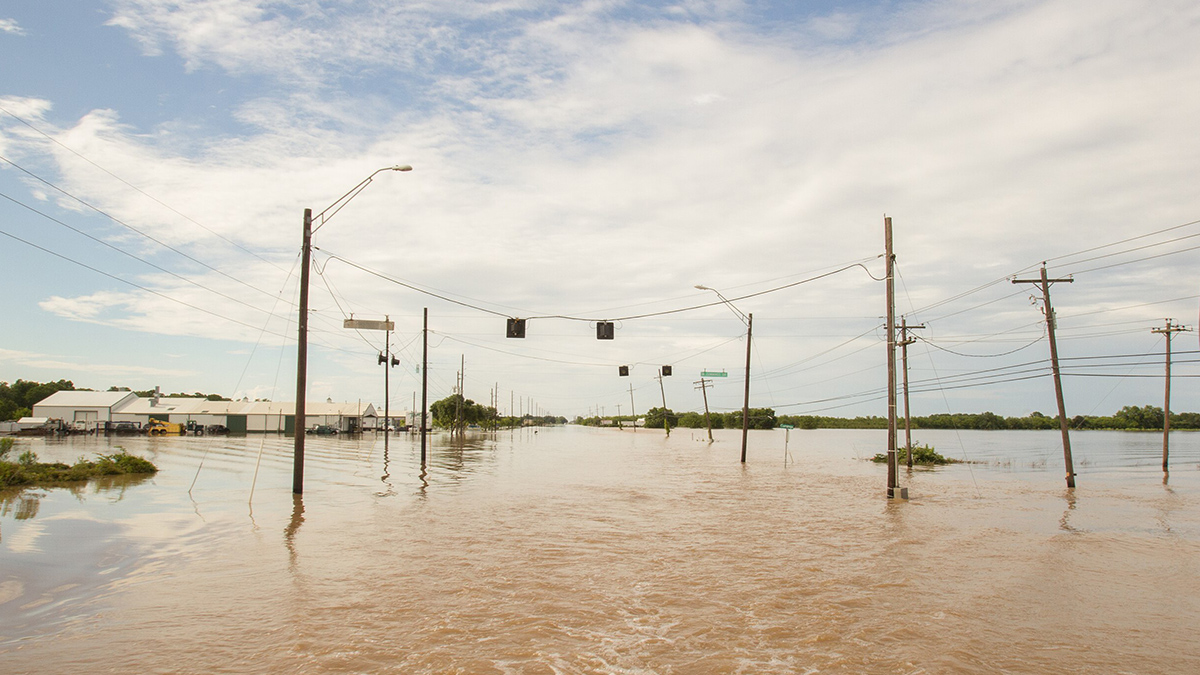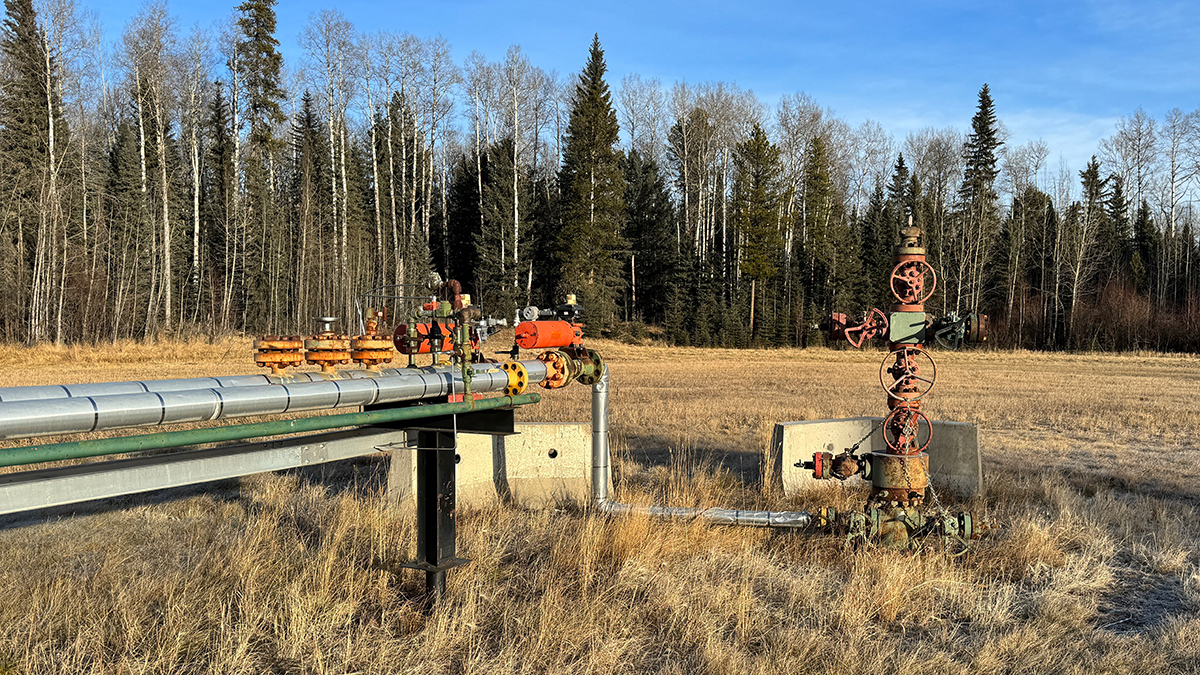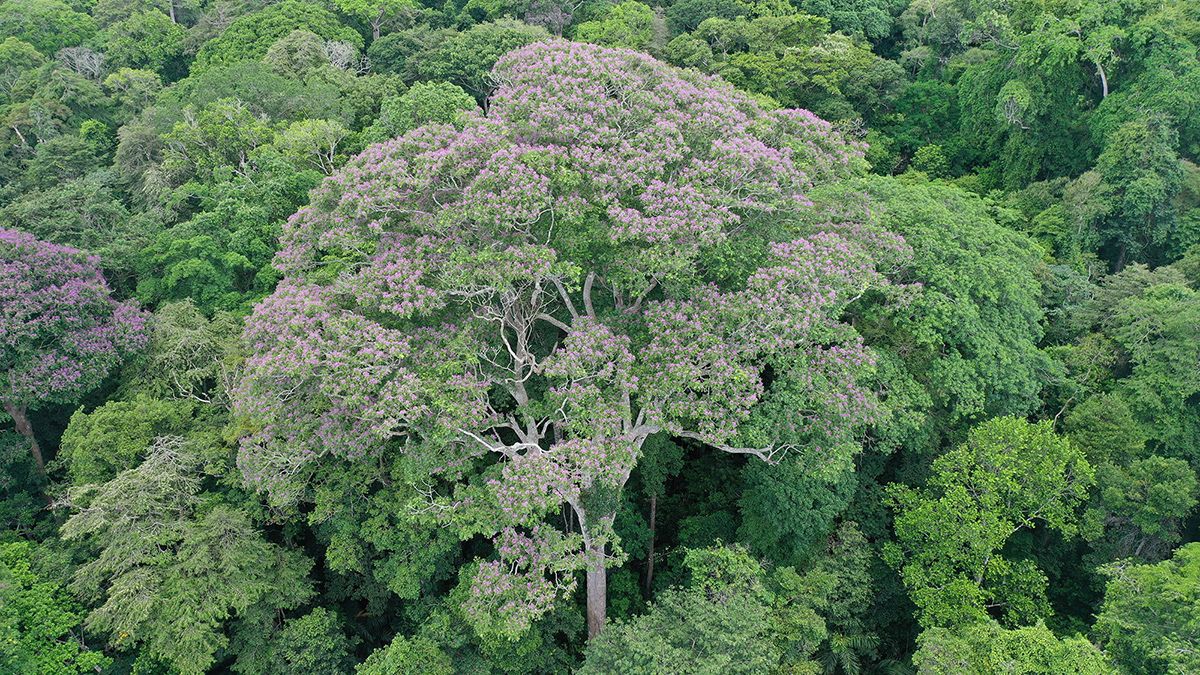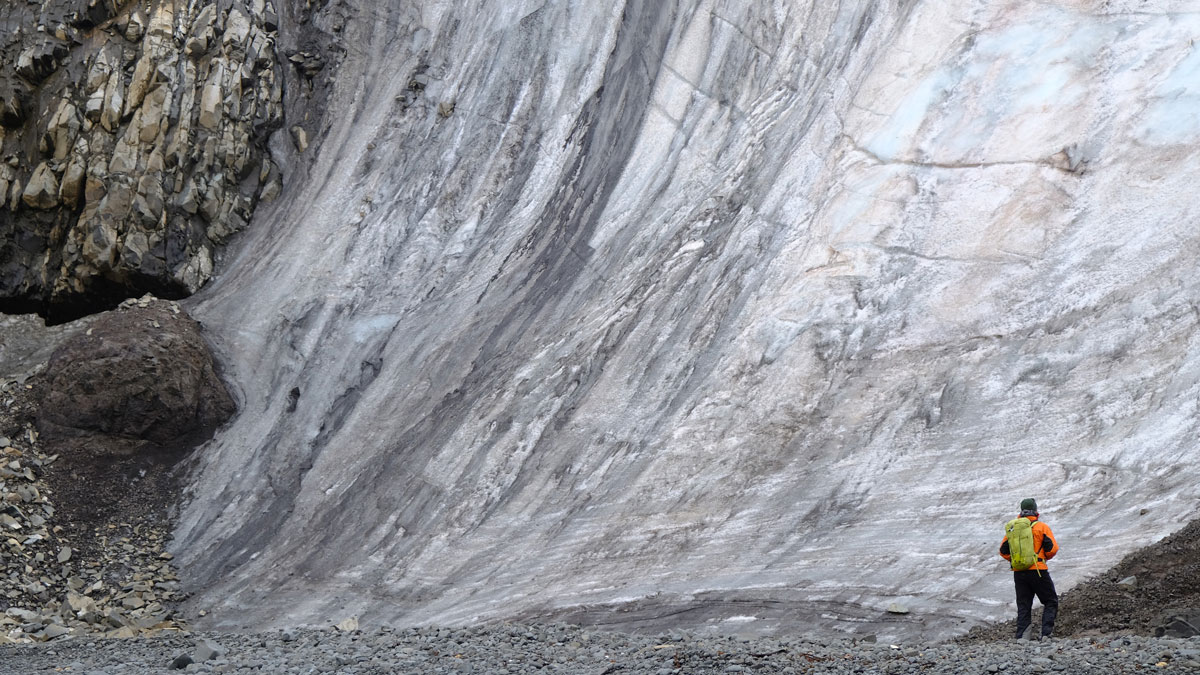Officials from the Food and Drug Administration (FDA) announced on Tuesday that only adults older than 65 and people with specific medical conditions will be considered eligible for COVID-19 vaccinations this fall.
Health & Ecosystems
Artisanal Gold Mining Is Destroying Amazonian Peatlands
A new analysis of archived satellite imagery has revealed that the growing presence of small-scale mining in the Peruvian Amazon is threatening carbon reserves and unique ecosystems.
Scientists Reveal Hidden Heat and Flood Hazards Across Texas
A wider swath of the Lone Star State may be affected by more heat and flood events than previous recordkeeping suggests.
Scientists Map Where Orphan Wells Pose Threats to Aquifers
A new study from the U.S. Geological Survey finds that groundwater in Appalachia, the Gulf Coast, and California is susceptible to contamination from orphaned oil and gas wells.
Seaweed Surges May Alter Arctic Fjord Carbon Dynamics
Climate change–accelerated seaweed growth could cause seaweed-dependent microbes to proliferate and consume more oxygen, leading to a rise in oxygen-starved zones.
EPA to Rescind Rules on Four Forever Chemicals
The EPA plans to reconsider drinking water limits for four different PFAS chemicals and extend deadlines for public water systems to comply, according to The Washington Post.
PFAS, or per- and polyfluoroalkyl substances, are a group of chemicals that are widely used for their water- and stain-resistant properties. Exposure to PFAS is linked to higher risks of certain cancers, reproductive health issues, developmental delays and immune system problems. The so-called “forever chemicals” are ubiquitous in the environment and widely contaminate drinking water.
Heat and Pollution Events Are Deadly, Especially in the Global South
Researchers found that the combination of heat waves and high PM2.5 pollution led to nearly 700,000 premature deaths in the past 30 years—most of which occurred in the Global South.
Denver’s Stinkiest Air Is Concentrated in Less Privileged Neighborhoods
The bad odors of air pollution are difficult to regulate, but can pose significant health risks, reduce a home’s property value, and affect a homeowner’s peace of mind.
Some Tropical Trees Benefit from Lightning Strikes
Direct lightning strikes cause minimal damage to Dipteryx oleifera. But these same strikes effectively kill parasitic vines and neighboring trees that compete with the species for light and nutrients.
Newly Discovered Algae May Speed Melting of Antarctic Ice
Purple pigmentation in a diverse array of algae absorbs heat and creates a feedback loop responsible for 2% of total daily melting.


